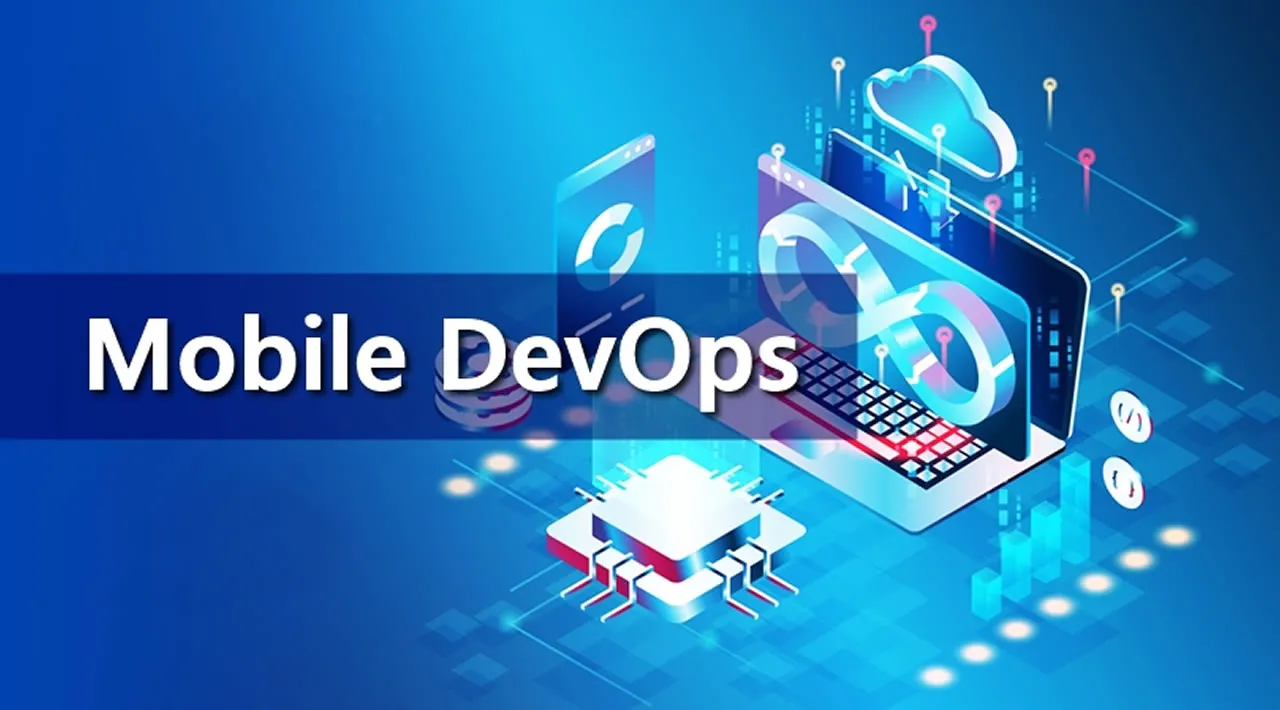Lately, it feels like there is an ever-increasing number of terms and phrases that refer to newer ways to develop software. It can be hard to keep up and understand what all these new terms mean or what they specifically mean to you. As someone who has been automating application builds and tests for a few years now, when I heard of the term mobile DevOps, even I wondered what made it different from normal DevOps (that is, the DevOps processes that I already used in my applications and experienced in my teams).
Unfortunately, DevOps in itself has become something of a buzzword. Worse still, many online services fit well into a DevOps pipeline. This can be a bad thing because when you search online for DevOps or even mobile DevOps, a lot of the information you read online is on sites that are trying to sell you their very own solutions that fit into that pipeline. So if you need to be in a meeting in five minutes and you’ve searched “what is mobile DevOps?” on Google and landed on this article, let me make it simple for you. It’s just the DevOps methodology applied to phone apps. That’s it. It’s not mobile. It doesn’t go anywhere. It’s literally everything you know and love about DevOps, just applied to the context of phone apps.
But for a long time, software development agencies got software completed and out the door without anything DevOps related. And if you’re coming from a more traditional waterfall approach to software development, it can be beneficial to reflect on what DevOps can offer you and, more precisely, what mobile DevOps can offer your development team.
So let’s take a simple approach to understanding what mobile DevOps is and how it can fit into your pipeline. To do so, let’s consider how software development practices have changed over the years.
#programming #devops #android #software-development #ios
